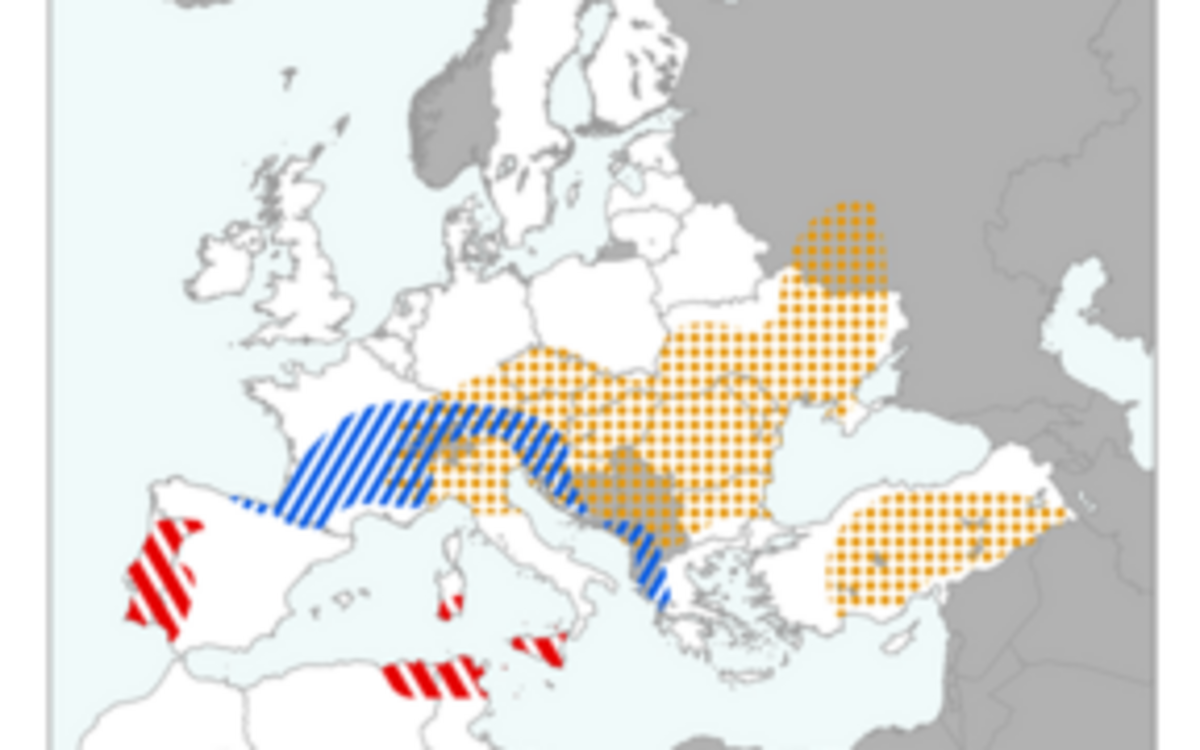The period since 1 January was predominantly warmer than usual in most of Europe. The most distinct positive thermal anomalies were experienced in the central, eastern and north-eastern regions of Europe, where (on average, for the period as a whole) daily mean temperatures were 2-7°C higher than the long-term average. The low-temperature acclimatisation of winter cereals is particularly weaker than usual in Hungary, Romania, Bulgaria and the Balkan Peninsula, where very mild conditions have prevailed since early December. Thanks to the same mild weather conditions, frost damage has been insignificant so far and no further frost kill losses are expected in the medium term (until the end of February), despite a forecast of colder weather in central and central-eastern Europe in the coming week.
Frost tolerance remains weak
According to the February issue of the JRC MARS Crop monitoring Bulletin, which was published today, the low-temperature acclimatisation of winter cereals remains weak in large parts of Europe as a consequence of the predominantly mild conditions.

Event Information
Date: 19.02.2018 - 12:00 AM